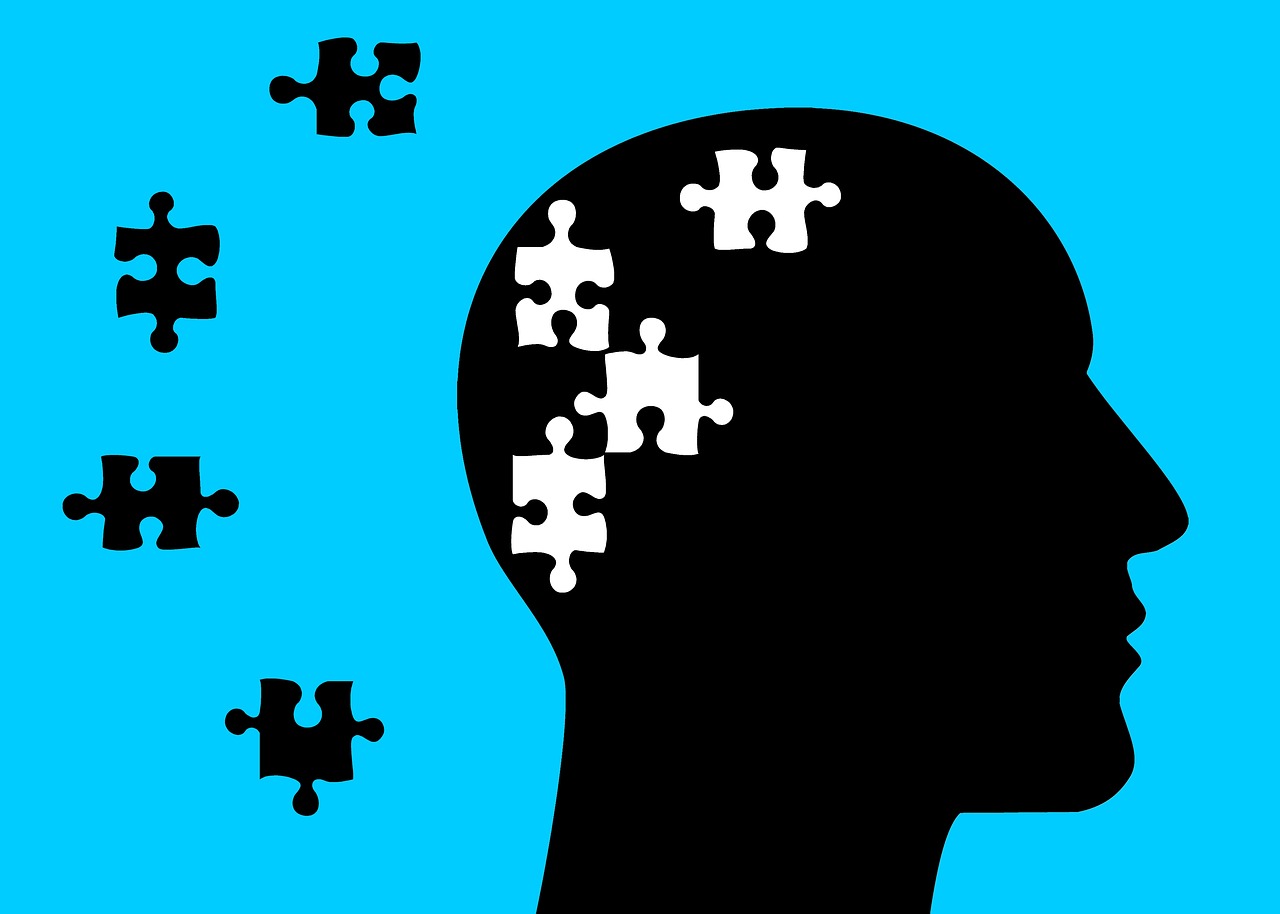People with a generalized anxiety disorder (GAD) get overly stressed for long periods and most days try hard to manage their discomfort, according to the American Association for Anxiety and Depression. Stress affects an estimated 31% of adults in the Western world, it is almost twice as common in women than in men, while it is often inextricably linked to major depression.
The research team from the University of Toronto examined detailed data from a 2012 Canadian mental health survey involving 21,000 people, with the goal of finding factors related to “absolute mental health”, where about 2,100 people were diagnosed with a generalised anxiety disorder.
The researchers define absolute mental health as the non-appearance of mental illness, the good functionality of the individual and the satisfactory sense of self, relationships and social connections.
Of the participants with a history of anxiety disorder, 72% were in remission, 58% had not experienced any mental illness in the previous year, while 40% met the criteria for absolute mental health. Among the largest group of respondents who had never experienced a generalized anxiety disorder, 76% were found to be experiencing absolute mental health.
We didn’t expect the numbers to be that high, which surprised us pleasantly, the researchers say.
The study did not examine the types of treatment respondents had undergone. Thus, no conclusions can be drawn as to which method of treatment may be most successful for generalized anxiety disorder
The researchers looked at a number of variables that affected respondents, both positive and negative. These included gender, race, age, education, income, and marital status, history of physical and sexual abuse, domestic violence, substance abuse, insomnia, and debilitating pain, as well as the exploitation of religion as a coping mechanism. The study was published in the journal Journal of Affective Disorders.
So, which respondents with a history of anxiety were better off having an absolute mental health chance?
The study indicated the white population, of female gender, who had been married and was in good or excellent physical health and without any major depressive disorder. Also, those who were more likely to achieve absolute mental health did not have a history of alcohol dependence or substance use, were not obese and did not suffer from chronic insomnia. Another key finding was that they used religion or spirituality to deal with their problems while having a person of trust beside them.
The study found that there was a tendency to significant recovery, even for people who suffered for ten years or more.
Negative factors preventing the recovery of absolute mental health included chronic insomnia, difficulty performing daily activities and a history of severe depressive disorder or substance abuse. The study shows that psychologists and psychiatrists need to take into account patients’ physical health and sleep habits when treating anxiety disorders.
Poverty did not appear to be a determining factor for the group with a history of anxiety disorders
In contrast, coping strategies such as alcohol and drug consumption were, according to the researchers, particularly harmful, while the most important factor of positive effect was the presence of a person of confidence. Social support has proved particularly important, as those living in social isolation are not showing a positive development.
Children’s experiences also seemed to play an important role in the recovery success of respondents. Those who had repeatedly experienced domestic violence or witnessed similar incidents were less likely to achieve absolute mental health, while fewer than 5% of those who had been sexually abused had managed to experience it.
The researchers look forward to additional research that will look at the same variables, but this time in combination with treatment methods such as counseling, supplements, and behavioral change. The aim is to determine whether the improvement is the result of age, treatment or socioeconomic status. The importance of individual factors could also be considered.


